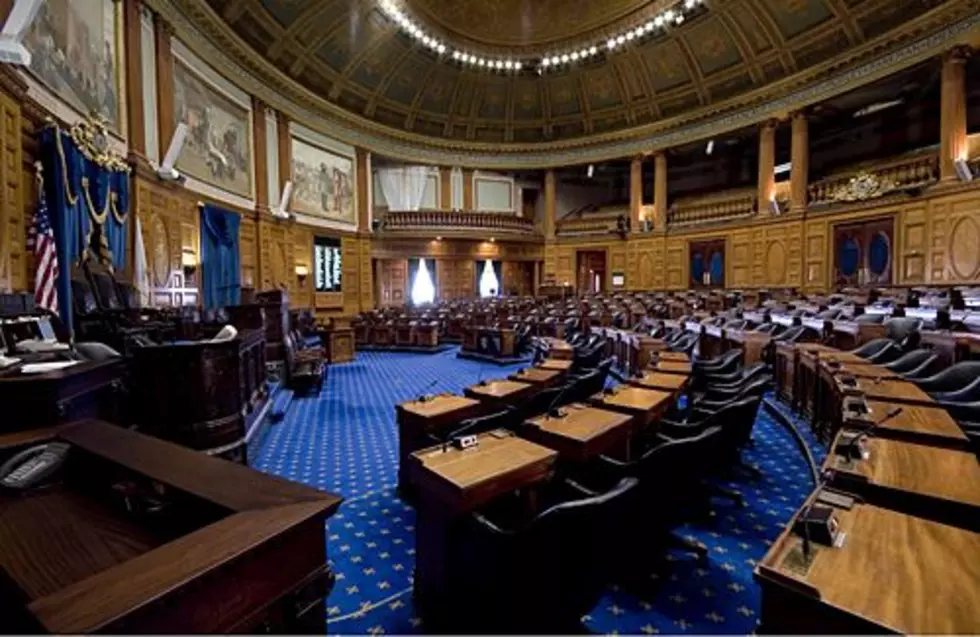
Senate: New Cars in Massachusetts After 2035 Need To Be Electric
Massachusetts is taking another step toward an energy-conscious future with the State Senate's passing Thursday of a major Climate Change bill that looks to have lasting positive effects. And State Senator Adams Hinds' part in the building of the bill is an important piece of the legislation.
Driving Climate Policy Forward...
According to a media release from the Office of State Senator Adam Hinds, amid alarming reports by the Intergovernmental Panel on Climate Change, the Massachusetts Senate on Thursday passed a major bill, S.2819, An Act Driving Climate Policy Forward, or the Drive Act. The bill addresses climate change in three primary areas—clean energy, transportation, and buildings—with the aim of achieving the Commonwealth’s ambitious goal of reaching net-zero emissions by 2050, which the Legislature codified into law in 2021.
Senator Hinds was clear about the critical nature of this bill...
We are taking big steps because our climate crisis demands nothing less. The only way we transition to a green economy that creates jobs and reduces emissions is through the big investments and regulations laid out in this bill.

Electric cars after 2035 in Massachusetts...
Included in the effort was Senator Hinds’ bill which would require every new car bought in the Commonwealth of Massachusetts after 2035 to be electric.
We’re at a historical inflection point and we can barely envision the transportation industry of tomorrow. But with so much at stake Massachusetts must do its part to embrace this necessary turn. ~ State Senator Adam Hinds
The three major areas addressing climate change (in brief):
Clean Energy - Around 20 percent of greenhouse gas emissions in Massachusetts come from the power plants that fuel its energy grid, making support for clean energy alternatives necessary to meet the Commonwealth’s goal of having net-zero greenhouse gas emissions by 2050.
Transportation - As the transportation sector is the largest source of fuel emissions in Massachusetts, the bill takes steps to encourage the use of electric vehicles, including codifying into statute, expanding, and allocating $100 million for the state’s MOR-EV electric vehicle incentive program, which provides rebates to individuals who purchase electric vehicles.
Buildings - To tackle the difficult issue of emissions from the building sector, the bill creates a 10 municipality demonstration project allowing all-electric building construction by local option. Participating municipalities must receive local approval before applying into the demonstration project.
LOOK: Things from the year you were born that don't exist anymore
LOOK: What major laws were passed the year you were born?
READ ON: See the States Where People Live the Longest
More From WSBS 860AM









